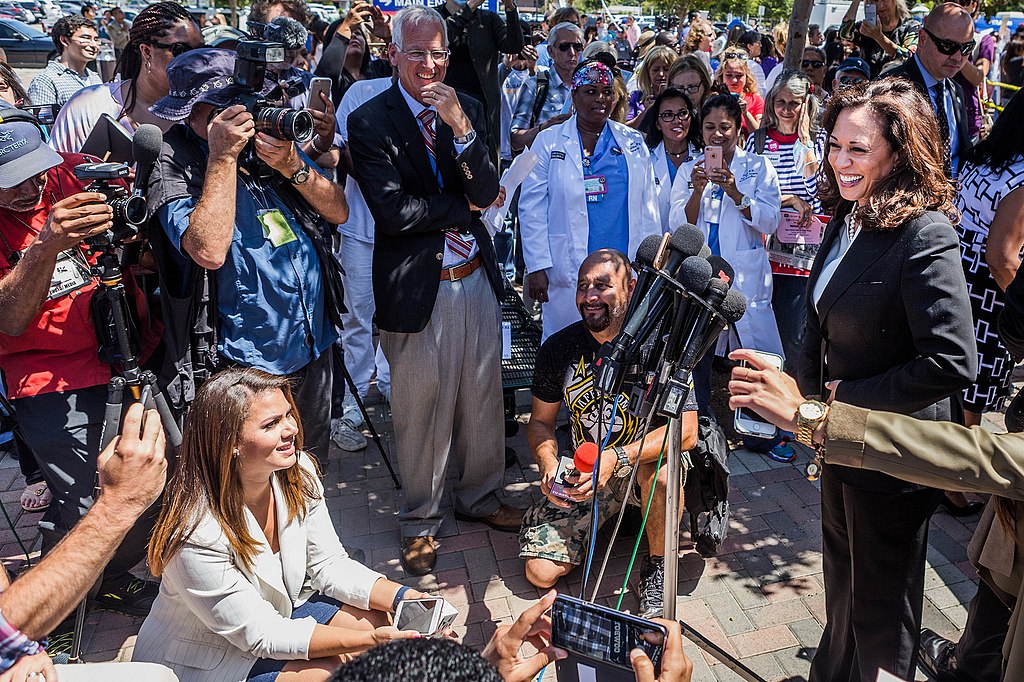We all want to live longer. Every year, billions of dollars are spent prolonging our lives, and we are still waiting for the pill that cures aging once and for all.
But if we lived forever, wouldn’t we just end up bored and depressed? Think about the goal you’re most invested in right now, whether that is getting a degree, searching for a romantic partner, raising children, or advancing your career. Part of what makes this goal compelling is that it has an end date, a point at which it will have been accomplished. But if our lives continued on forever, then eventually we would have no goals left to accomplish, leaving us apathetic, unmotivated, and potentially downright miserable.
A life worth living, though, is not merely the sum of our projects. Instead, there are certain things we enjoy doing simply for their own sake. These things include spending time with friends and family, reading a good book, listening to music, or going for a run – activities that do not cease to be fulfilling once they are accomplished. If not for our biological limitations, they could potentially go on without end.
Longevity is one of the most recent crazes in Silicon Valley, with leading figures pouring cash into extending their lifespans. Jeff Bezos and Sam Altman have both given millions of dollars to longevity start-ups, and Bryan Johnson, founder of e-commerce company Braintree, spends millions of dollars every year so that he can be functionally 18 years old again.
With all this money being spent on longevity, the science may not be far behind. David Sinclair, a longevity researcher at Harvard Medical School, thinks that current medical advances will allow some of us to live to at least 150. Some of these advances are thought to have the potential to not only slow death, but to reverse aging altogether.
This all raises an obvious question: Should we want to live forever? Most have assumed the answer is an obvious yes. Along with all of the current life-extending research, most major religions – including Christianity, Islam, Hinduism, and Mormonism – include the promised reward of an eternal afterlife. If given the choice, it seems like most of us would prefer to live forever.
Of course, there are circumstances that could make immortality unappealing. If I am chronically ill or depressed, then living forever might look more like a curse than a blessing. But assuming that we are in good mental and physical health, most people think that eternal life sounds like a pretty good deal.
But if we really think about it, would living forever actually be a good thing? Philosopher Bernard Williams thinks the answer is no. He considers the story of Elina Makropulos, the protagonist of the Czech opera The Makropulos Affair. After imbibing a potion that allows her to live for 300 more years, Elina goes on to become a widely renowned vocalist. Nevertheless, when it comes time to take the potion again, Elina is depressed and apathetic, and while she still fears death, she no longer desires to go on living.
Will the same inevitably happen to us? The long-term projects that make our lives meaningful – education, career, and family – could all be accomplished in a never-ending life. But once we get our degrees, climb the corporate ladder, and raise a family, what would we do then?
Even if we did have projects that couldn’t be completed in such a (relatively) short period of time, this probably wouldn’t help. We would either ultimately succeed at those goals and still have an infinite life ahead of us, or we would eventually recognize that some of our goals are impossible to achieve, an equally depressing realization.
But there is more to life than projects with definitive end dates. Consider some of the things you like to do for fun, like eating out with friends, attending local music festivals, or going for bike rides. Contrasted with projects that have some sort of end or telos, such activities are “atelic” in that they do not have any point where they will have been achieved.
Basing our happiness on project-based goals is likely to make us unhappy both right now as well as in an infinite future. In his book Midlife, MIT philosopher Kieran Setiya points out that if our happiness is determined by telic projects and endeavors, then we will always be either striving for yet another accomplishment or aimless and depressed after we reach our goal.
The moral of this contrast is obvious. We should focus on deriving more of our happiness, not from the goals we accomplish, but the activities that we enjoy doing just for their own sake.
But along with offering us guidance on how to live in the present, the difference between telic and atelic activities explains why living forever could actually be a good thing. Our lives are a mix of both kinds of activities, but by and large, our goal-based projects are undertaken in service of the things that we enjoy doing for their own sake.
When asked what we would do if money were no object, many of us respond with some kind of atelic pursuit or activity. We mourn the loss of the freedom we had when we were young adults, able to simply enjoy our lives without the weight of so many goal-based responsibilities. And maybe that’s what living forever would be like, a return to a simpler, less demanding way of existing in the world.













